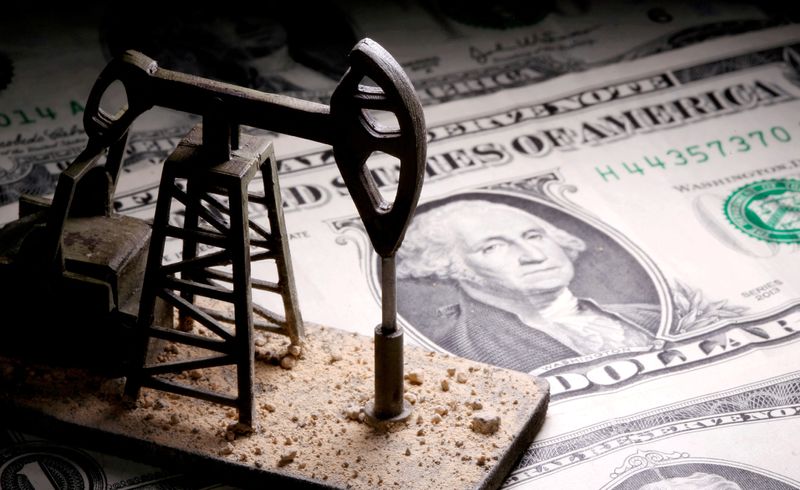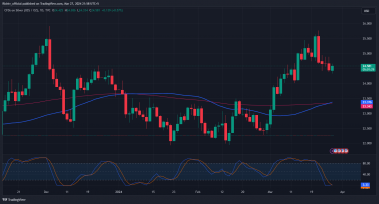The Federal Reserve may ease up on its policy tightening after a major U.S. inflation data this week, which helped support Tuesday’s increase in more than 1% of oil prices. However, concerns about Chinese demand still exist.
By 11:17 a.m. EDT, Brent crude futures were up 91 cents, or 1.1%, to $85.09 per barrel. (1518 GMT). To reach $81.03 per barrel, U.S. West Texas Intermediate futures increased $1.29, or 1.6%.
The expectation that the U.S. Federal Reserve will soon stop raising interest rates caused the dollar to decline, making oil priced in dollars more affordable for buyers using other currencies.
According to Price Futures Group analyst Phil Flynn, the dollar’s break, which hurt oil prices yesterday, has turned into a tailwind today.
Investors can predict the near-term direction of interest rates by using U.S. inflation data released on Wednesday.
“The current scenario for short-term crude demand will soon be more evident. According to senior analyst Edward Moya of OANDA, the U.S. economy’s tentative entry into the recession pool or potential cannonball into it will be revealed this week.
However, data from China indicated that consumer inflation increased in March at the weakest rate since September 2021, indicating that demand weakness is still present in an uneven economic recovery.
An analyst at CMC Markets, Tina Teng stated, “China’s March CPI is lower than expected, which may promote the Chinese government to stimulate the economy further.”
Since the Organization of the Petroleum Exporting Countries (OPEC) and allies, including Russia, unexpectedly announced further reductions in production objectives from May last week, oil futures have increased by about 7%.
The reactivation of the final domestic refinery in France that had been shut down for a month due to a strike suggested that oil demand would likely increase.
The sector will release data on the country’s crude stockpiles on Tuesday. Crude inventories decreased by approximately 1.3 million barrels in the week leading up to April 7, according to the five analysts Reuters surveyed on average.
Reading More:




 By:
By:





